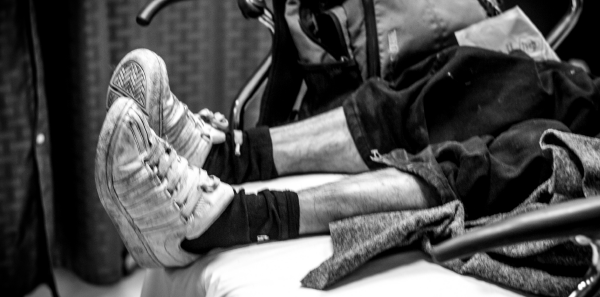
He was homeless, and as I reflect now on the case, I see class bias affected how urgently I initially cared for him. Current literature indicates that although many physicians, regardless of specialty, demonstrate an implicit preference for white, upper-class individuals, this bias does not appear to impact their clinical decision making but can impact the patient experience.
Explore This Issue
ACEP Now: Vol 37 – No 09 – September 2018Since that incident, I began asking myself questions to reduce the potential bias I may inherently bring to work:
- How do I feel toward this patient?
- Is there anything else to be found?
- Is there anything that doesn’t fit? Have I distorted any of the facts?
- Am I missing a potentially life-threatening process or mimic?
- Does the information support my judgment and plan?
- Have I relied on any anchors or information that is too readily available?
We all carry implicit and explicit biases. Our job as physicians is to recognize and work to put aside our biases to provide the best care for our patients. In our line of work, the stakes are too high to have bias impact our clinical interactions and the care we deliver. Take it from me—this is not a lesson you want to learn the hard way.
Pages: 1 2 | Single Page





One Response to “Don’t Let Bias Affect How You Treat Your Patients”
November 3, 2018
Annette l BentonGreat article